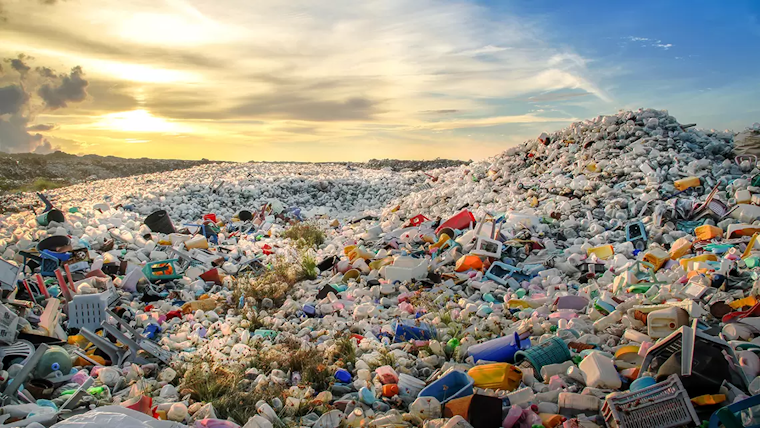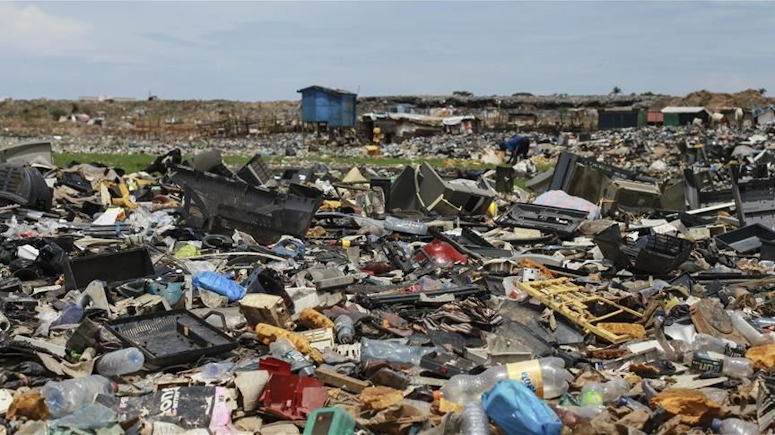Successful waste recycling requires more modern sorting machines, but also more adapted to the humans who will use them.
The 4.0 recycling revolution will not happen without the support of waste treatment center operators.
Taking out the trash… Such a banal gesture has become a cornerstone of the future of our planet. We are all aware of this, and yet, have we taken the measure of the technological, industrial and human challenge that this implies?
The climate emergency is here, it requires a paradigm shift and we are all concerned, on an individual and collective scale. Despite the simplification of household waste sorting instructions, there is still a long way to go to reach the 65% recycling target by 2025. This challenge is human, technological and industrial.
The industrial sector: from problem to solution
Long perceived as the first culprits, industrial players are now identified as a large part of the solution since the scale of the environmental project we are facing requires responses sized to the industrial scale…
The linear model “extract, produce, consume and throw away” is no longer tenable. It must make way to allow the circular model to take over. In this context, there is no doubt that the industry of the future must and will be circular. To make this transition, innovations are invited to penetrate the heart of factories and make devices connected and intelligent, in other words 4.0.
In the waste sector, optical sorting technology coupled with artificial intelligence makes it possible to refine, accelerate and improve the performance of recycling, the keystone of the circular economy.
With the extension of the sorting gesture deposit (all packaging in the yellow bin), the volumes and complexity of waste flows are increasing. Without technology, the challenge of efficient recycling will never be able to live up to the ambitions that California has set. So yes, sorting centers must also make their 4.0 revolution! To achieve this, technology is and will be there, we can congratulate ourselves on that…
Waste technologies and people
Solutions for the ecological transition must be simple, efficient, human and sustainable.
However, solutions for the ecological transition will not be purely technological. They must be simple, efficient, human and sustainable. The trap would be to have a purely technological approach without taking into account the social and psychological dimension of the devices.
The human factor is crucial to successfully integrating technology into sorting centers. You can recruit the best engineers, develop the most efficient machine, imagine the most innovative devices… If the machine – this “Rolls-Royce” of sorting – is not adopted by the operators, the efforts are in vain.
Worse, we could be accused of playing the sorcerer’s apprentice in imagining genius solutions, expensive and elitist, while the ecological transition can only take place if people are in full possession of the solutions developed.
Innovation in junk disposal and dumpster rental processes must be accompanied by training and apply ingenuity to serve responsible designs, built to last. As Will Brown, the founder of Dumpster Rental Near Me Ontario, explains, manufacturers have a clear responsibility to develop solutions that will reduce pollution.
If they want meaningful jobs with a positive impact on the planet, young people can turn to the industrial sector, and more specifically to companies that deploy services to make industry more sustainable. The recycling sector needs all the talents to meet the challenge of the circular economy. Because the industry of tomorrow will be technological and human!




